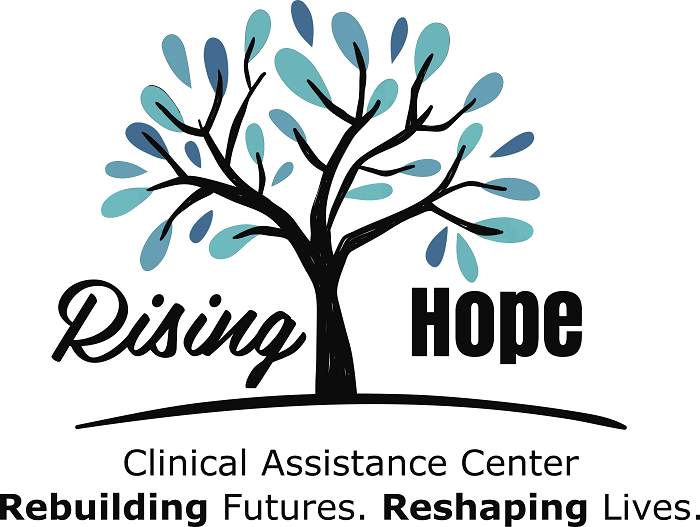

How Technology is Innovating Mental Health Care
From care providers to individuals affected by mental health problems, technology is changing the way people give and receive care.
Technology for Receiving Care
Mobile Apps to Track and Improve Mood
Many people experiencing poor mental health or merely going through a rough period are using mobile apps to track their mood, employ coping mechanisms, and learn about their symptoms.
Moodpath notifies people to answer questions about how they feel each morning, afternoon, and evening and comes up with an assessment every two weeks analyzing a person's symptoms. This bi-monthly report can then be shared with care providers to give them a better understanding of what a person is experiencing and how they can best be supported. The app also includes information on practical ways a person can manage their mental well-being.
There are many other mood-tracking and journaling apps, as well as apps like Headspace that guide users through meditation and provide access to calming music. Some apps are designed to help users manage and break addictions. In addition, there are mobile apps that allow people to text or speak with a therapist in real-time. Receiving immediate support can be especially helpful during a crisis when a person cannot wait for an appointment.
Free or Low-Cost Apps
Many of these apps are free or have low-cost, one-time purchases or subscriptions, allowing people to receive care without paying for in-person appointments. Though millions of people can attest to their benefit, there remain minimal clinical studies on such mobile apps' effectiveness.
Smartwatches
Many smartwatches and wearable technologies now have apps or tools to help a person relax. Fitbit devices and Apple Watches have tools to guide a person to calm their breathing and lower their heart rate, which can be very beneficial in moments of severe anxiety.
Technology for Providing Care
The Rise of Telehealth Services
As with other forms of healthcare, providers are increasingly communicating with patients electronically, such as with remote appointments via video chat or direct-messaging apps, the latter as aforementioned. These innovations increase convenience for individuals who need to receive care but have difficulty coming to appointments for reasons including work or school schedules or lack of mobility.
Advanced Analytics
Beyond providing remote care, technology is advancing healthcare in the ability to analyze digital health records, such as blood tests and family health history. Advances in these systems can now give care providers insights into a patient's likelihood to experience health issues, including those related to mental health, and offer them preventative resources and support.
In Summary
There are many exciting ways that technology is expanding access to mental health services to a broader range of people. It is essential to keep in mind that while more people can access care, many will continue to prefer in-person visits with a care provider. Speaking face-to-face with a doctor or therapist can be a more comforting way for people to talk about their personal lives, so access to in-person care should not be diminished with the rise of telehealthcare services.


No Comments
Sorry, the comment form is closed at this time.